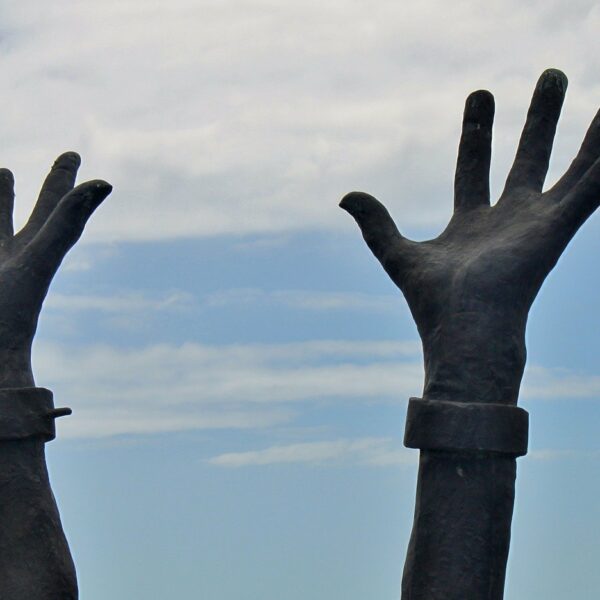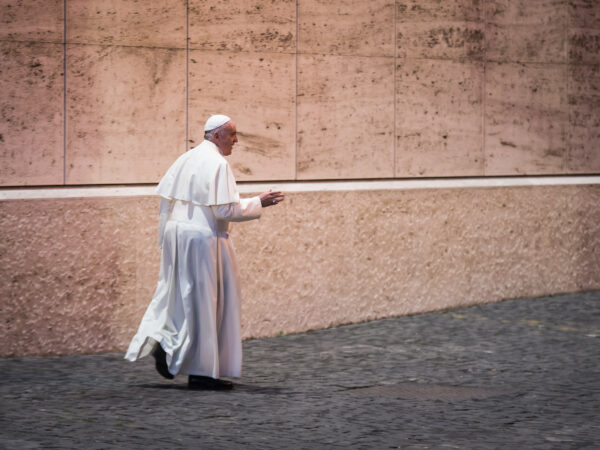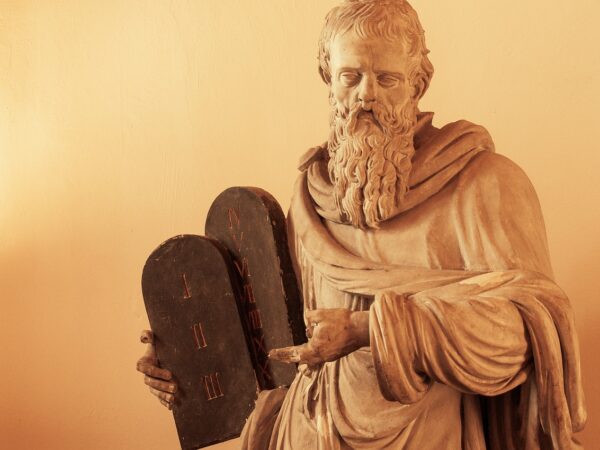
In the post-secular world [Dick] envisions, religion has fully capitulated to the allure of the marketplace. As these perky commercials are meant to indicate, Dick expects humankind, circa 1992, to seek (and find!) redemption not in its devotion to (and fear of) otherworldly deities, nor in the afterlives these deities gatekeep for their favorites, but in its reverence for nifty consumer wonder products: beer, brassieres, plastic wrap, razors, etc.

We were not made for the capitalist subjection that characterizes our lives. The gift of the Sabbath serves us in the present by contesting work’s overlordship and disrupting the social controls by which capitalist hegemony maintains itself.

If we are willing to listen to those standing around without work, however, a new possibility emerges. Why are they standing around without work? “Because no one has hired us,” they reply (Matthew 20:7). They aren’t lazy, they’re desperate enough to stand around all day waiting for work. The laborers are many; the jobs are few.








